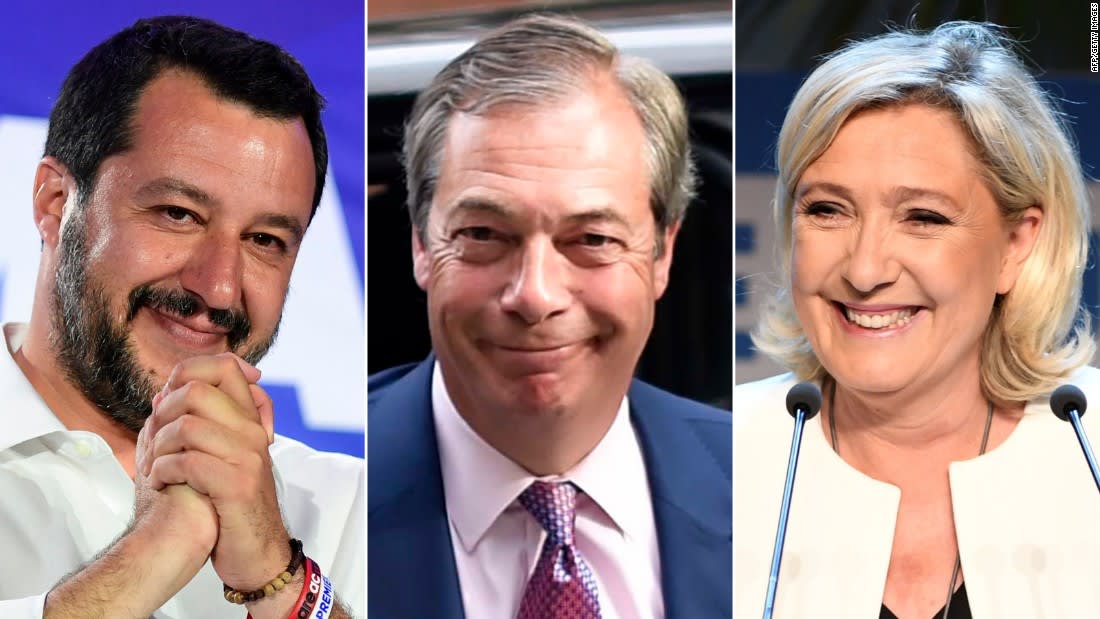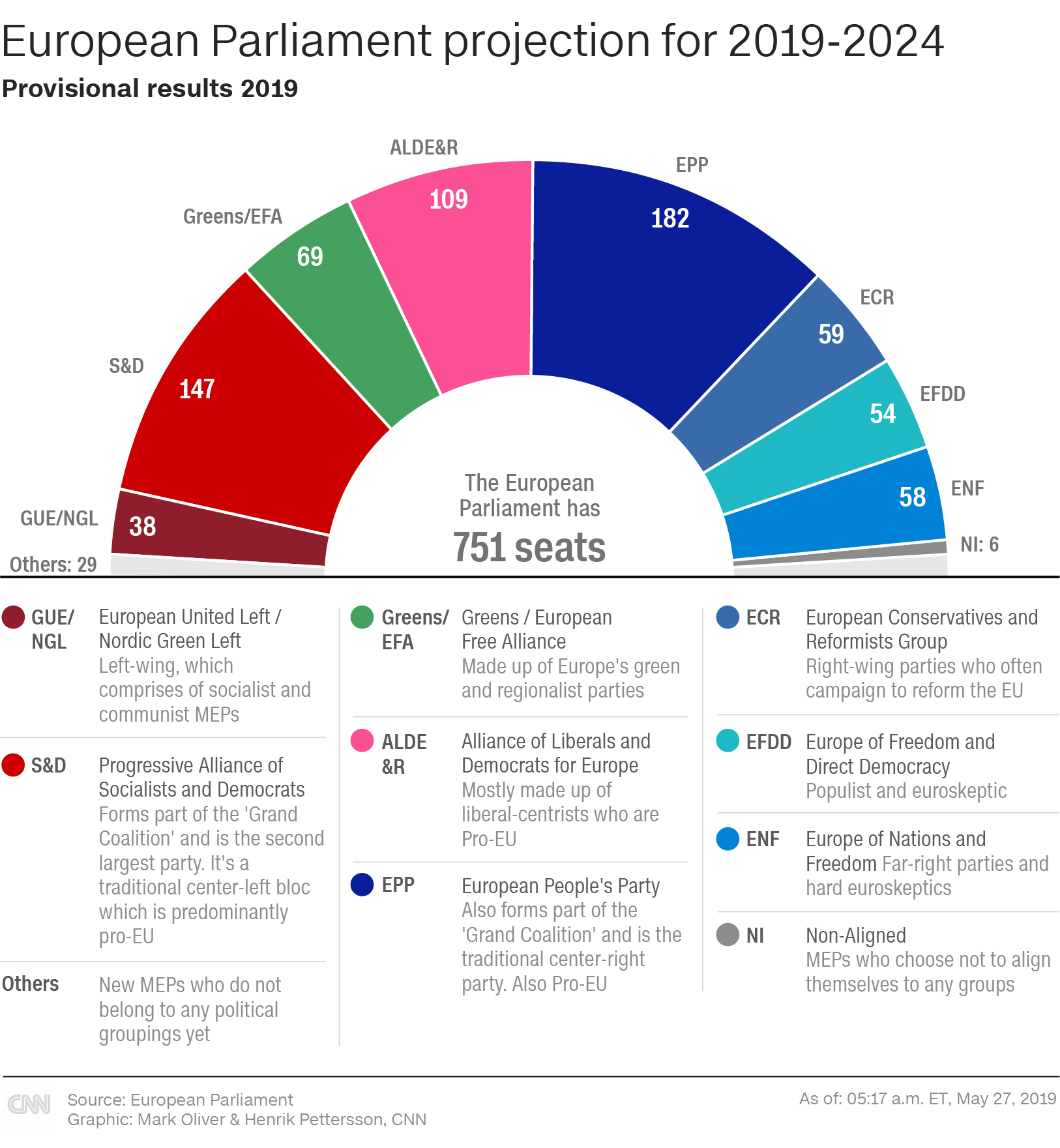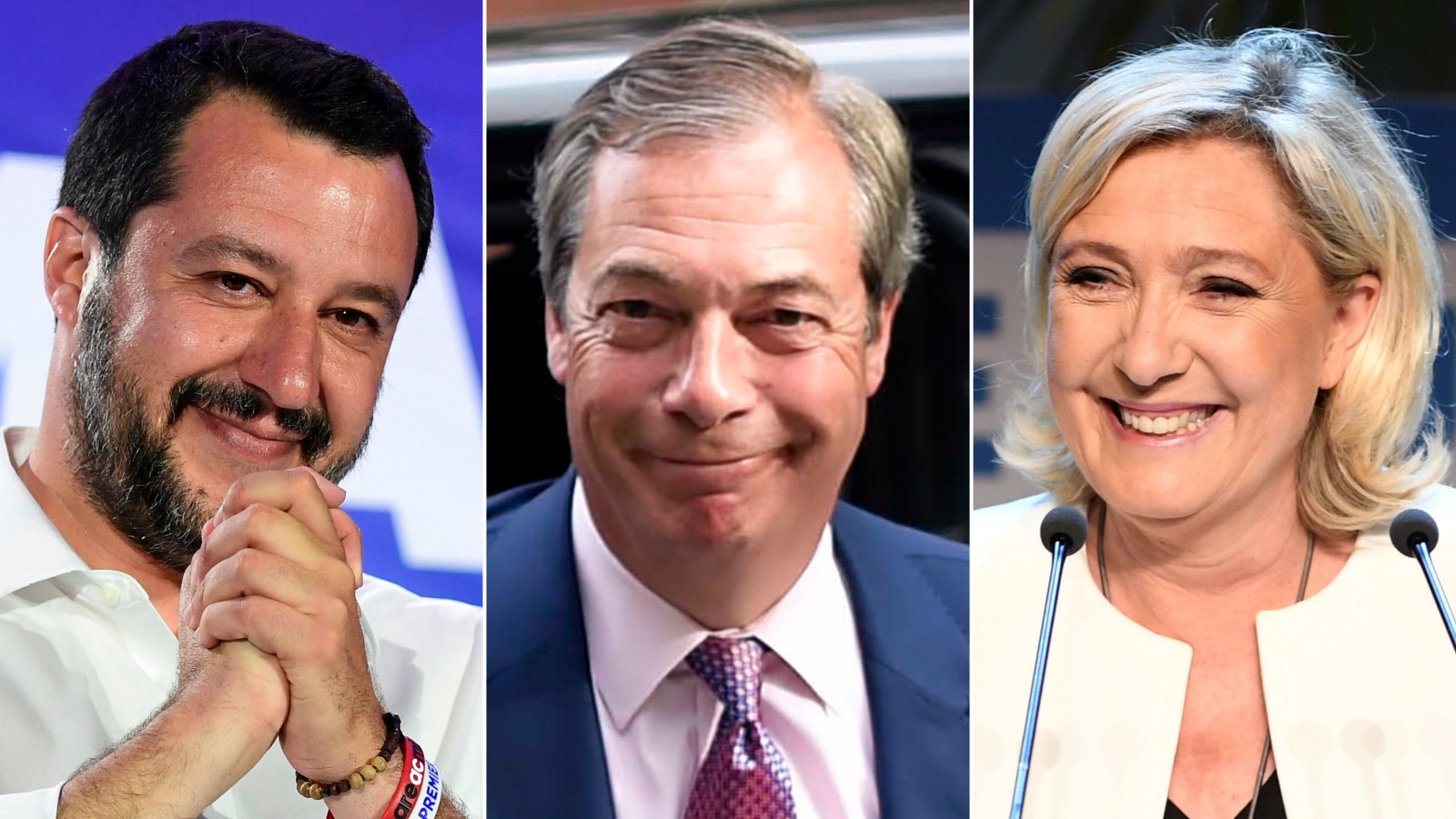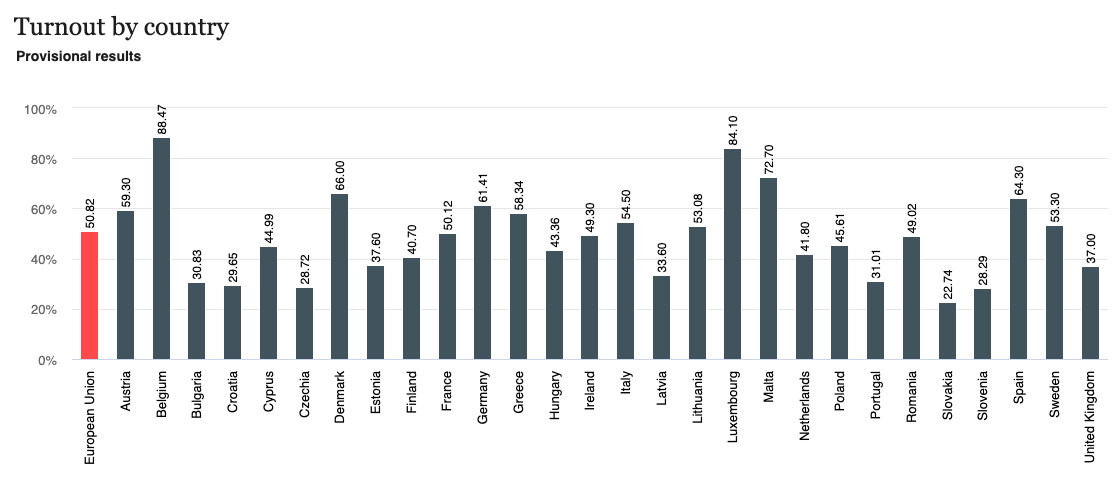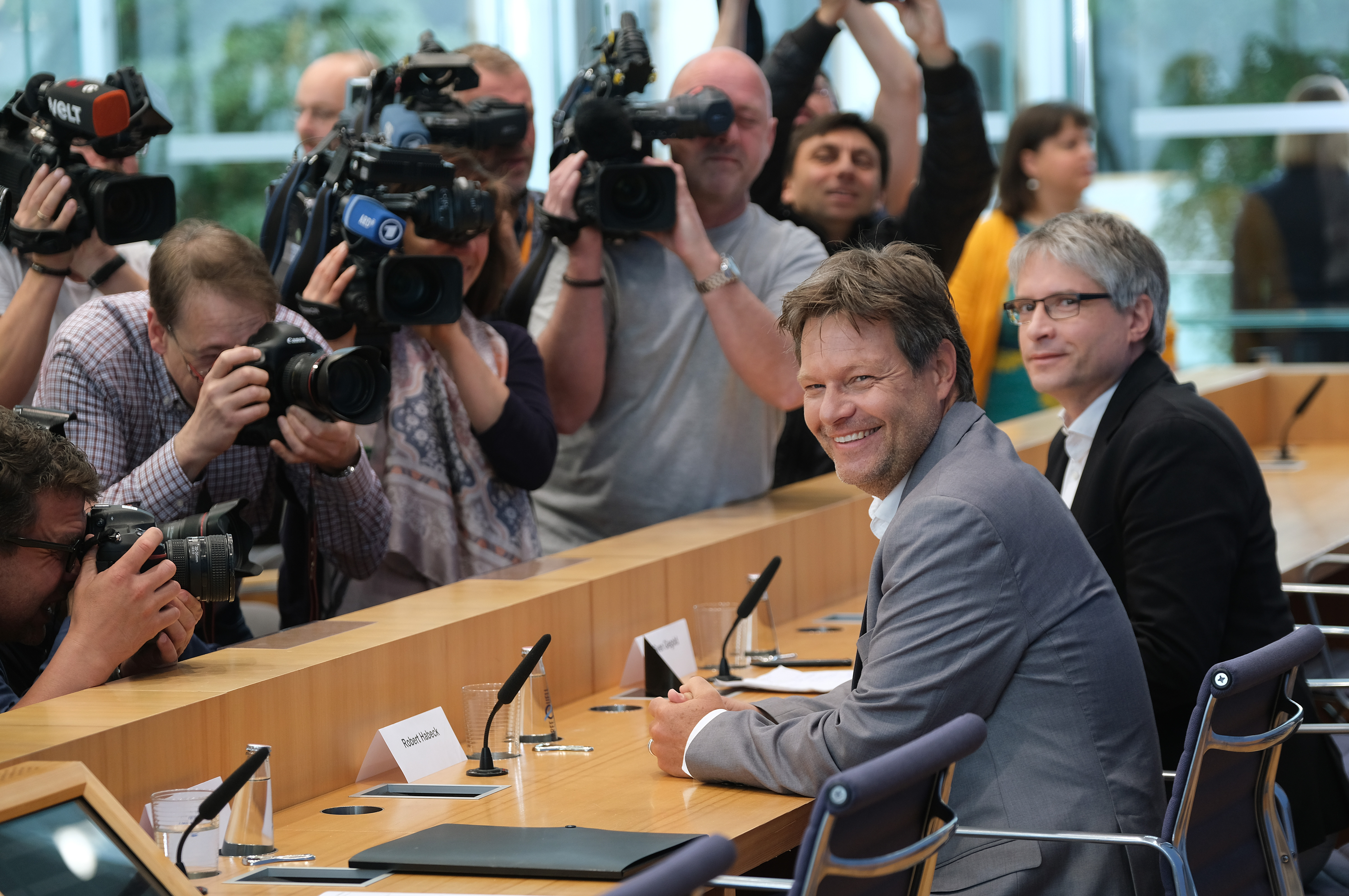British far-right activist Tommy Robinson, who failed in his attempt to become a member of the European Parliament, has blamed social media for his defeat.
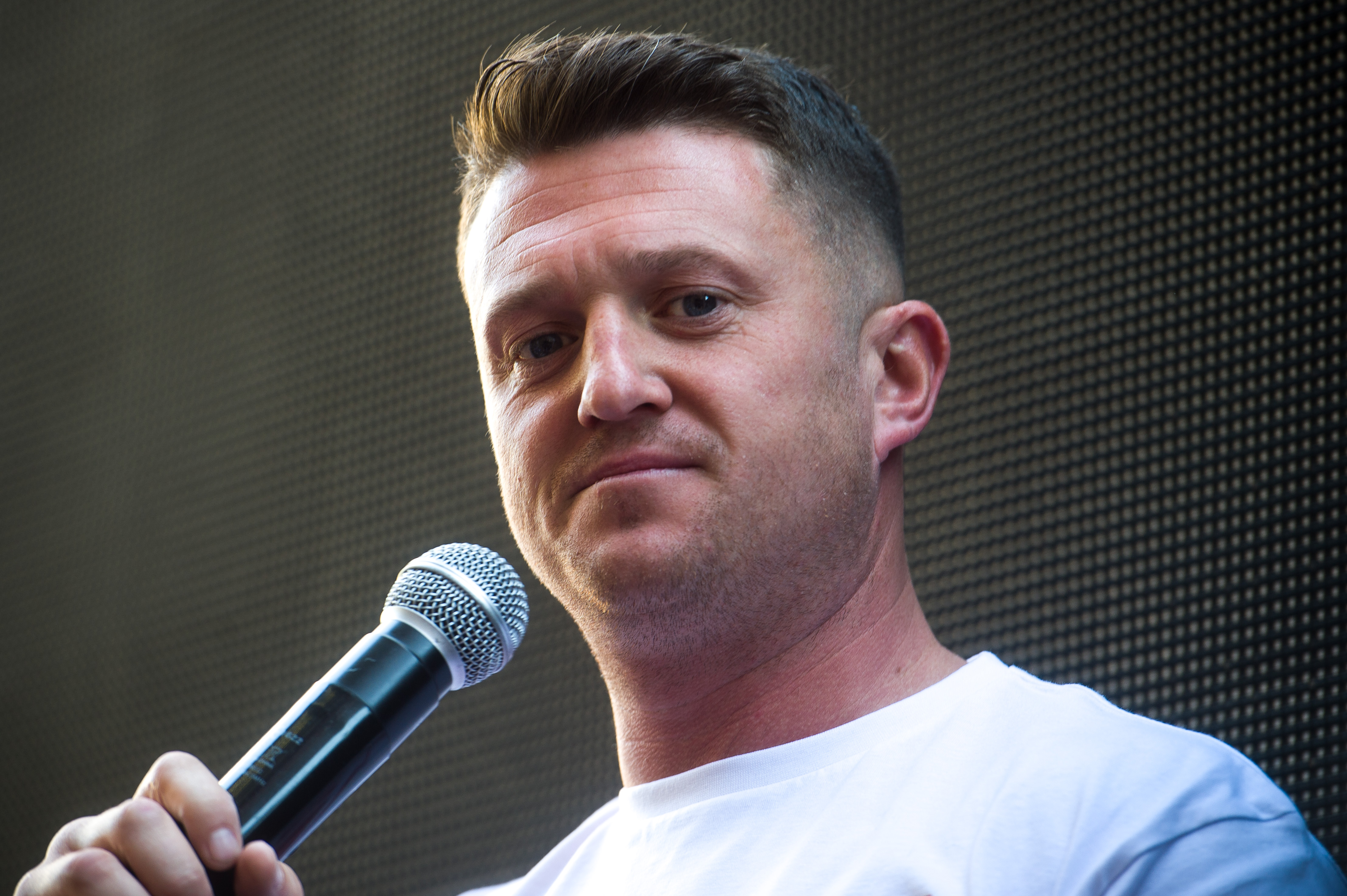
Robinson, whose real name is Stephen Yaxley-Lennon received only 38,908 votes in the North West England region, according to Britain's Press Association news agency -- putting him in eighth place.
"Trump won his campaign on social media. Brexit was won on social media. I'm banned from social media," Robinson said after arriving at the vote count in Manchester on Sunday, according to PA.
"My ability to fight a fair campaign is gone, orchestrated and organized by the Government.
"I feel like I have been fighting with my hands tied behind my back."
He told his followers on the private messaging app Telegram that he was "disappointed" as the results rolled in, and vowed to "carry on fighting."
Instagram and Facebook banned Robinson, 35, from both platforms because he posted anti-Muslim content and engaged in activity offline supporting hate figures and groups, Facebook said in a statement in February.
He attracted thousands of followers online and at protests and became a figurehead for the far-right in Britain.
